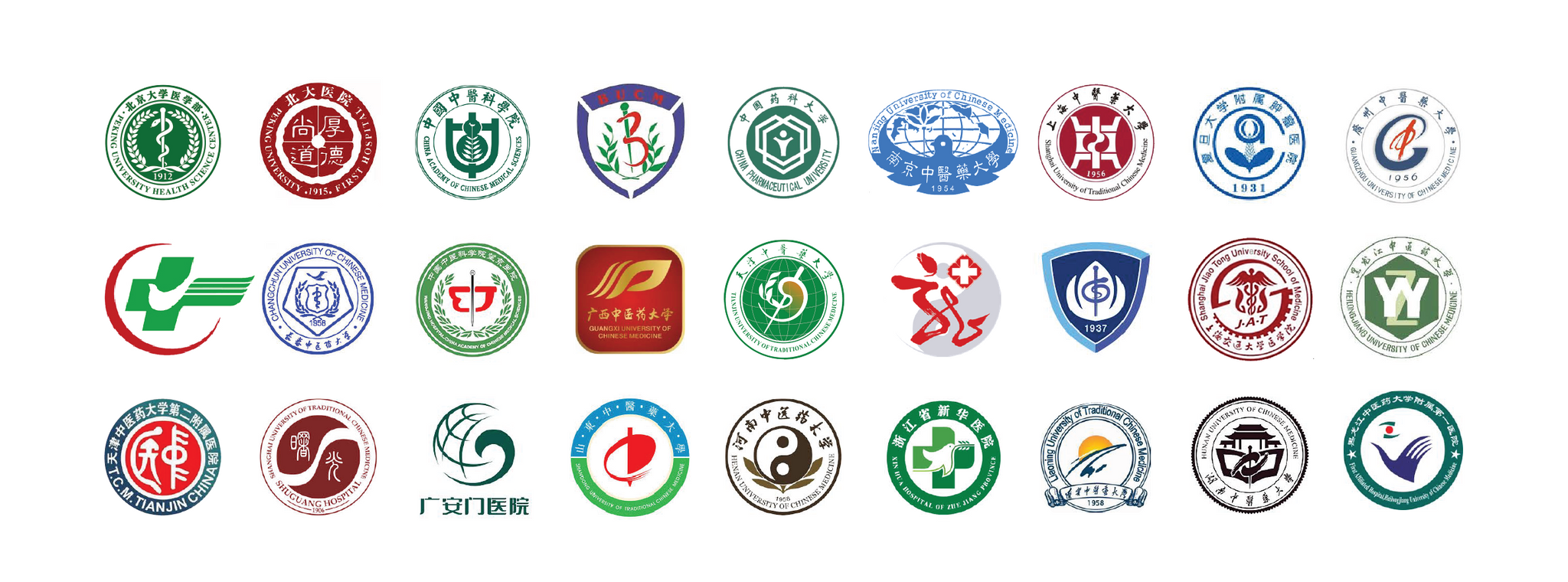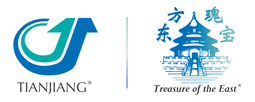Research
Since its founding, Tianjiang has been focused on research and development. Today, Tianjiang's research spans topics from the identification of botanical varietals to clinical studies of modern Chinese herbal formulas. Tianjiang's research team includes Dr. Chen Keji, a Member of the National Academy of Sciences, and its research partners include 22 Chinese medicine research universities and 26 leading Chinese research hospitals. Published results are available on Chinese research portals as well as on the National Institute of Health's PubMed Central.
Botanical Research
Together with the Department of Genetics and Breeding at China Pharmaceutical University, Tianjiang has led the identification and cultivation of varieties of Chinese herbs selected specifically for disease resistance and for low toxicity. For example, Tianjiang's research on Ju Hua (Chrysanthemum) has identified a virus-resistant varietal that has successfully deployed to production fields.

(1) Ju Hua seedlings at different stages of growth; (2) a virus-resistant varietal (L) vs. a control (R) of Ju Hua grown under the same environmental conditions.
 A Ju Hua farm growing a virus-resistant varietal in Yanma, Jiangsu Province
A Ju Hua farm growing a virus-resistant varietal in Yanma, Jiangsu Province
Pao Zhi and Processing Research
Tianjiang conducts research into processing parameters to optimize the active chemical constituents and to reduce toxicity. For example, Tianjiang's research identified the ideal processing time for Bai Shao (Chao) (White Peony Root (Processed)) to maximize the active chemical component Paeoniflorin. The Chinese Pharmacopeia specifies that Bai Shao should be fried until the surface is slightly yellow with visible spots of charring. Tianjiang determined the ideal time by frying samples of Bai Shao for different periods of time and by measuring the content of the active chemical Paeoniflorin in the resulting samples. This process identified that 8 minutes was the optimal frying time in compliance with the Chinese Pharmacopeia.
 Bai Shao (Chao) fried for different durations at the same temperature
Bai Shao (Chao) fried for different durations at the same temperature
Tianjiang performs quantitative experiments like this on a wide range of production parameters (processing time, temperature, pressure, etc.). Tianjiang also evaluates and develops new processes aimed at increasing the potency, purity, and efficacy of our herbal extracts.
Clinical Research
Tianjiang collaborates on clinical research with China's top research universities and Chinese medicine research hospitals. These research partners include the China Academy of Chinese Medical Sciences, China Pharmaceutical University, Nanjing University of Chinese Medicine, Shanghai Jiao Tong University School of Medicine, Beijing University of Chinese Medicine, and 70% of China's AAA-level research hospitals. Further, Tianjiang leads or participates in the following Chinese medicine research consortiums:
- Jiangsu Association of Chinese Medicine TCM Decoction Reform Collaborative Innovation Research Center
- Shanghai Jiao Tong University School of Medicine TCM Research Center
- Nanjing University of Chinese Medicine Granule herbs Industrial Technology Research Institute
- China Pharmaceutical University TCM Fine Varieties Breeding and Research Center
- Jiangsu Province Chinese Medicine Granule Herbs Engineering Research Center
- Jiangsu Province TCM Decoction Innovation Center
These partnerships have led to an extraordinary body of work related to Chinese herbal extracts. See PubMed Central for more information.
